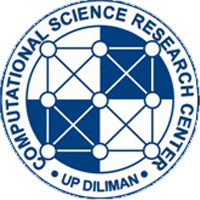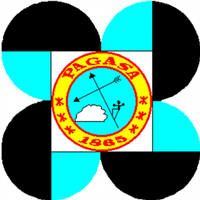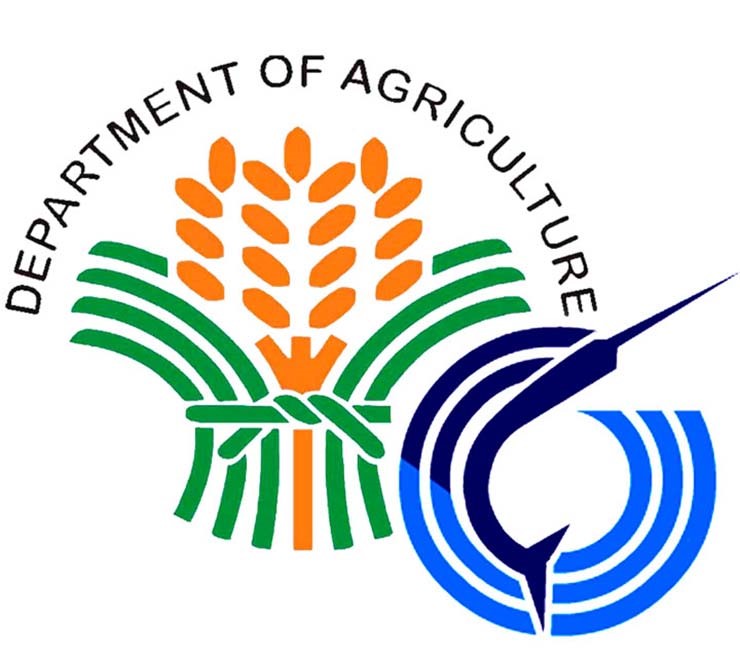The Climate and High Impact Weather Laboratory (CHI Lab) is envisioned to be a state- of-the-art research laboratory focused on studying climate change and variability, extreme weather events such as tropical cyclones, and their associated impacts on the environment and society, particularly in the Philippines and the tropics. The laboratory aims to advance our understanding of climate change and variability, extreme weather events, and their effects on various sectors such as agriculture, water resources, and human health.
- CHI represents energy from tropical cyclones, may also represent oceans as fuel / source of energy, or the exchange of energy between the atmosphere and ocean
- Tropical cyclone (TC) icons represent extreme weather and climate events; and increasing severity of impacts
- Red and blue to represent too much rain or too little rain, increasing temperature, among others; Blue also represents flooding and sea level rise (as can be seen in the lower part of the TC icon)
- Fingerprint-ish to represent the fingerprint of risks and impacts associated with weather- and climate-related events
Climate Modeling and Analysis: The laboratory will utilize climate models to simulate future climate scenarios and assess the potential impacts of climate change and variabilities on regional and local scales. This analysis will provide valuable insights into long-term climate trends and help in developing mitigation and adaptation strategies.
Extreme Weather and Climate Events: The laboratory will focus on studying extreme weather phenomena such as tropical cyclones (TCs), heavy rainfall events, extreme heat and droughts; as well as sea level rise, flooding, storm surge, among others. The laboratory will investigate the underlying mechanisms, assess the frequency and intensity of these events, and develop early warning systems to mitigate their impacts. In particular:
- Past (including event attribution) and future (projections) climate & impacts on TCs - frequency, intensity, rainfall, size, translation speed; & on other extreme events and natural climate variabilities
- Use of the storyline approach (different scenarios based on plausible physical mechanisms)
Risk and Impact Assessment: By integrating climate and weather data with socioeconomic and environmental factors, the laboratory will assess the impacts of climate change, climate variabilities, and extreme weather events on various sectors. This analysis will aid policymakers, planners, and stakeholders in making informed decisions and formulating strategies for climate resilience.
Climate Services and Outreach: The laboratory will collaborate with governmental and non-governmental organizations to provide climate services and information to different sectors. It will aim to enhance public awareness about climate change and variabilities, promote sustainable practices, and support policymakers in implementing effective climate-related policies and programs.
- Project Research Team member: "Analysis of tropical cyclone rapid intensification in the Philippines: its characteristics, impacts, and future projections" - funded by DOST PCIEERD (on-going, Jan 2023 - Jan 2025)
- Project Leader: “Investigating the effects of past and future changes in climate on a collection of Philippine Super Typhoons and their flooding potential from the last 10 years (2012 – 2022) using a convection-permitting regional climate model” - funded by NSRI (on-going, Jan - Dec 2024)
MSc Candidate
- Wilmer Agustin (MS Meteo)
Please see https://iesm.science.upd.edu.ph/rafaela-jane-p-delfino-ph-d/ for complete list of publications.
Climate and High Impact Weather Laboratory (CHI Lab)
3rd Floor, Institute of Environmental Science and Meteorology
College of Science, UP Diliman
Head: Dr. Rafaela Jane P. Delfino
Contact: rpdelfino@up.edu.ph / rdelfino@iesm.upd.edu.ph










